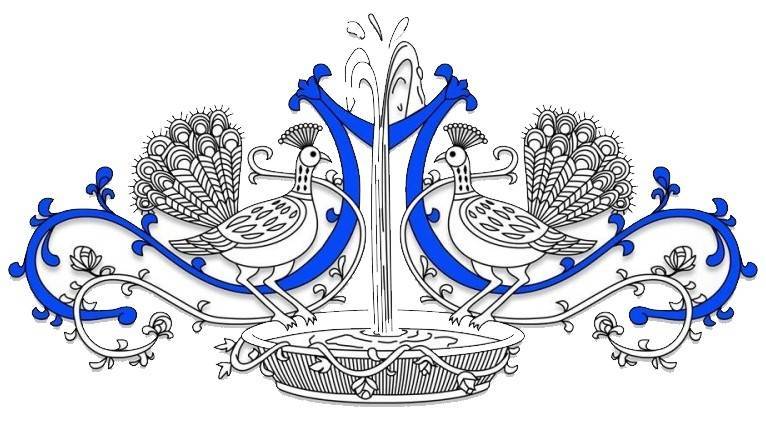Since 1976, the year in which it had been identified in former Zaire for the first time, Ebola is undoubtedly the most serious and extensive outbreak of virus disease that has ever occurred. Another absolute novelty, compared to the past, is that, as in the case of the Spanish nurse, Ebola has been transmitted outside the borders of the African continent for the first time. Today the number of people infected by the disease count 6,500 and the dead toll to more than 3000. The hardest hit country is Liberia that has a death toll of over 1800. The rise in the number of cases and consequently that of deaths, is constant and becoming a real concern. Some confirmed sources have estimated that the number of infected cases could reach in early November a total of 20,000.
More than ever before, what is most impressing, is the widespread of the infection that continues unabated involving three West African countries: Sierra Leone, Guinea, Liberia, with a few cases reported in Nigeria. What triggered off ‘ Zero Case’ in the epidermy was that of a little girl of two who died of Ebola in a small village South East of Guinea on 6th December 2013. This area, being very close to the borders with Sierra Leone and Liberia, may be the explanation for the widespread in these countries. There was an immediate alarm and only in March 2014, the Ministry of Health in Guinea and Medecins Sans Frontiers (which was now at the forefront) reported a mysterious disease characterised by fever, diarrhea and vomiting which was spreading to the Southeast region of the country and which brought high mortality rates. Just then the disease has been identified as Ebola and confirmed by the World Health Organization.
From 1976 to 2013, there have been other Ebola epidemics in all of sub-Saharan Africa: Congo, Gabon, South Sudan, Uganda. I personally have been witness to indirect epidemies that took place in 2000 between October and December in the town of Gulu in northern Uganda and that has been well described by Brother Elio Croce, a Comboni Missionary to St. Mary’s Lacor Hospital. Ebola is particularly serious because it is transmitted through close contact with blood and body fluids, making the role of those who take care of the ill, very delicate. Nonetheless delicate, if not executed by implementing special precautions, is the time of the funeral of someone who has died from Ebola because this may be the occasion for the virus to be transmitted.
The transmission of the disease is manifested through symptoms, which usually occur about 2-3 weeks after contracting the virus. Out of epidemics, the virus persists in animal reserves (bats, chimpanzees) who can occasionally transmit to humans, leading to the epidemic. The reduction in the rainforest, limiting the natural habitat of these animals is definitely a risk factor, increasing the possibility of contact between infected animals and humans. Initial symptoms of the disease include sudden fever, weakness, muscle aches, sore throat (resemble those of flu), these are followed by more specific and serious ones: vomiting, diarrhea, internal and external bleeding that favour disease transmission. Ebola’s mortality is particularly high depending on the type of virus (5 different types) oscillating between 50 and 90 percent. The current epidemic is seemingly aggravated by the high mortality rates. At present there is no specific cure.
Some have been experimented with varying success, monoclonal antibodies that attack the virus, convalescent serum, chloroquine. A specific vaccination is being developed but the times are yet unpredictable. The absence of a specific treatment and an effective vaccine almost 40 years from the first identificationof the disease, should in my opinion cause people to think. The risk of such a serious disease has been underestimated, probably because considered as something far from us and that it would not affect us. Today, we should hope that this time lost can rapidly be recovered and that science will support the fight against Ebola, no longer a local African issue, but a global one.
In the face of such epidemies, especially as serious as this one, the question arises whether there are health risks in our country as well. I personally believe, for a variety of considerations related to the mode of transmission of the disease, incubation, etc. that the risk is low even though it cannot be excluded that there may be cases, as was the case for the Liberian patient in the United States. The important thing is that any case, including suspect ones, be correctly identified and isolated by putting in place all appropriate measures to prevent its spreading. Let us not forget that the basis of the current epidemy, has been a delay of several months from the time when the first case appeared to when the disease had been identified as Ebola. The presence in Italy of the hospital unit for infectious diseases is, probably the best guarantee for the citizen, who, in spite of a threat like that posed by Ebola, will get an effective immediate action. Let us then hope, seeing infectious diseases persist and epidemics break out periodically, that in future no cuts will be made on the spending review.
Translation provided by Marina Stronati










